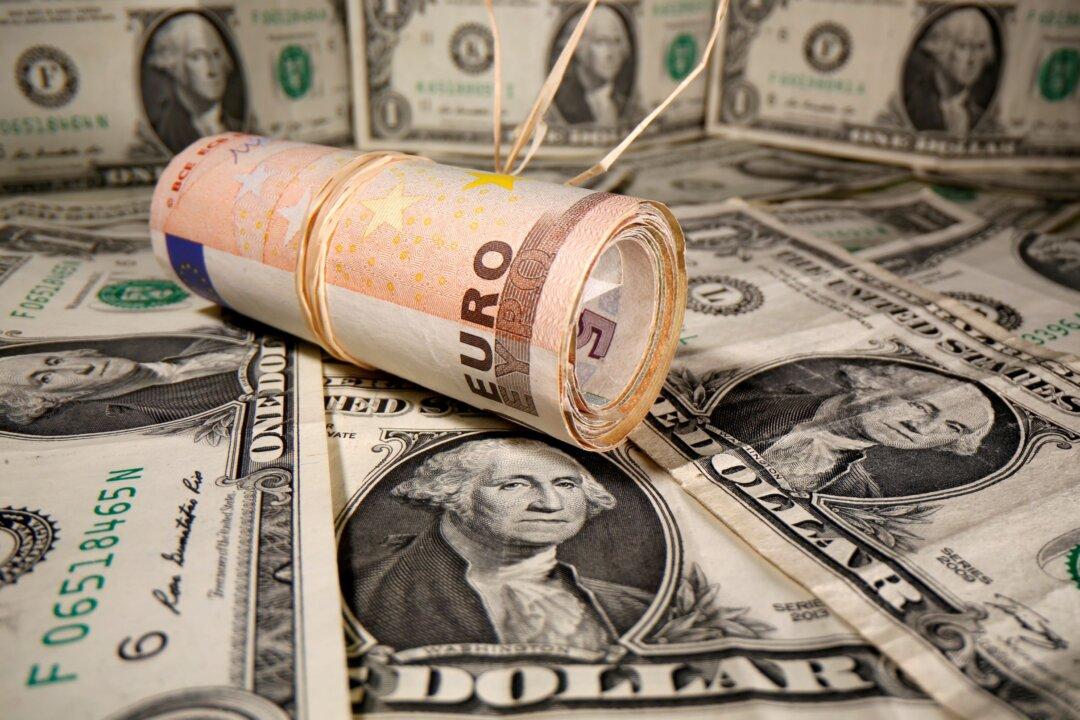SINGAPORE/LONDON—The euro sat at a 10-month high against the dollar on Thursday, ahead of a European Central Bank meeting at which markets expect a half-percentage point rate increase, a day after the U.S. Federal Reserve slowed the pace of its rises to 25 basis points.
The Fed also said it had turned a corner in the fight against inflation, its first explicit acknowledgment that price increases are slowing, underpinning market expectations that the end of the central bank’s rate-rise campaign is near and cuts could follow.





